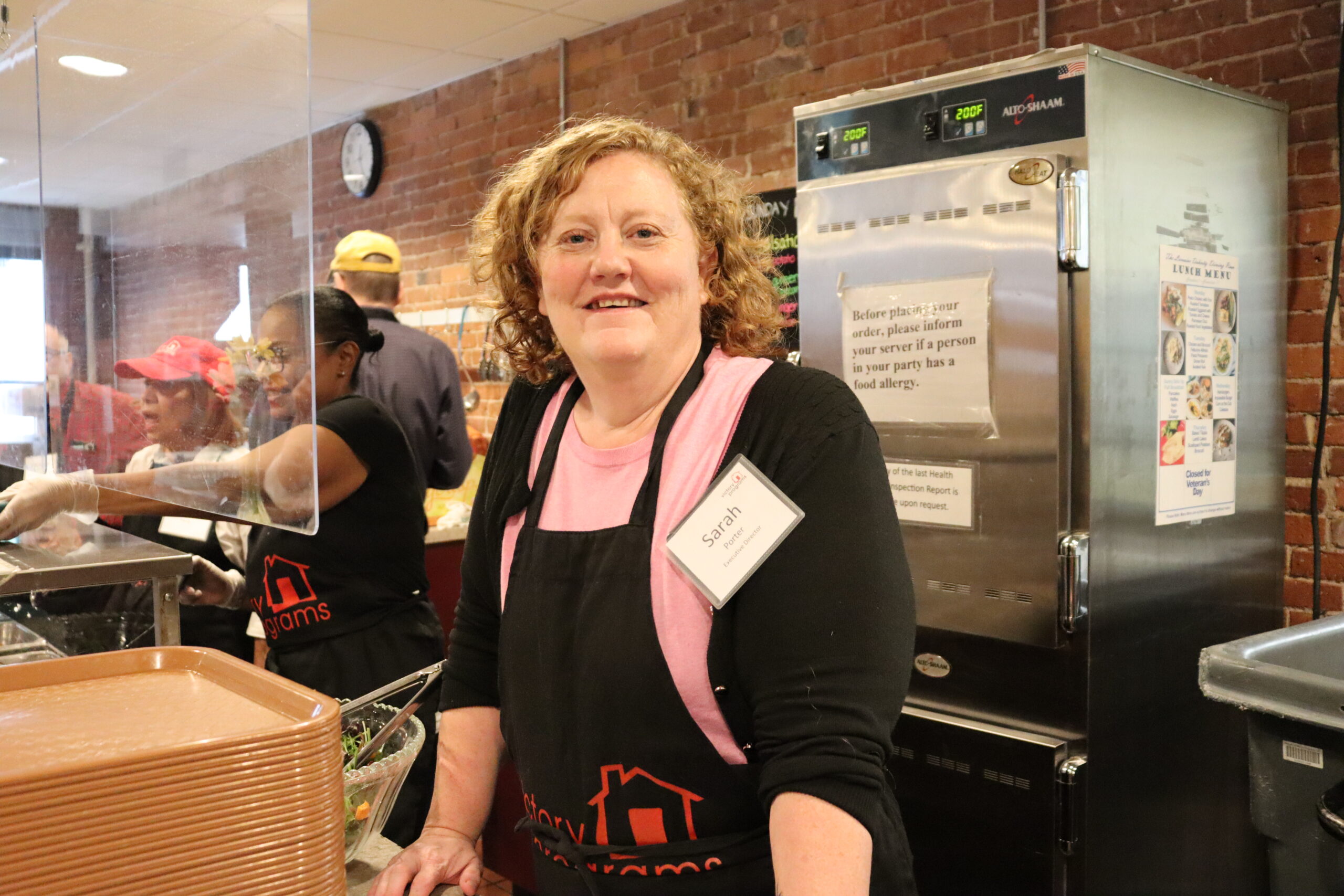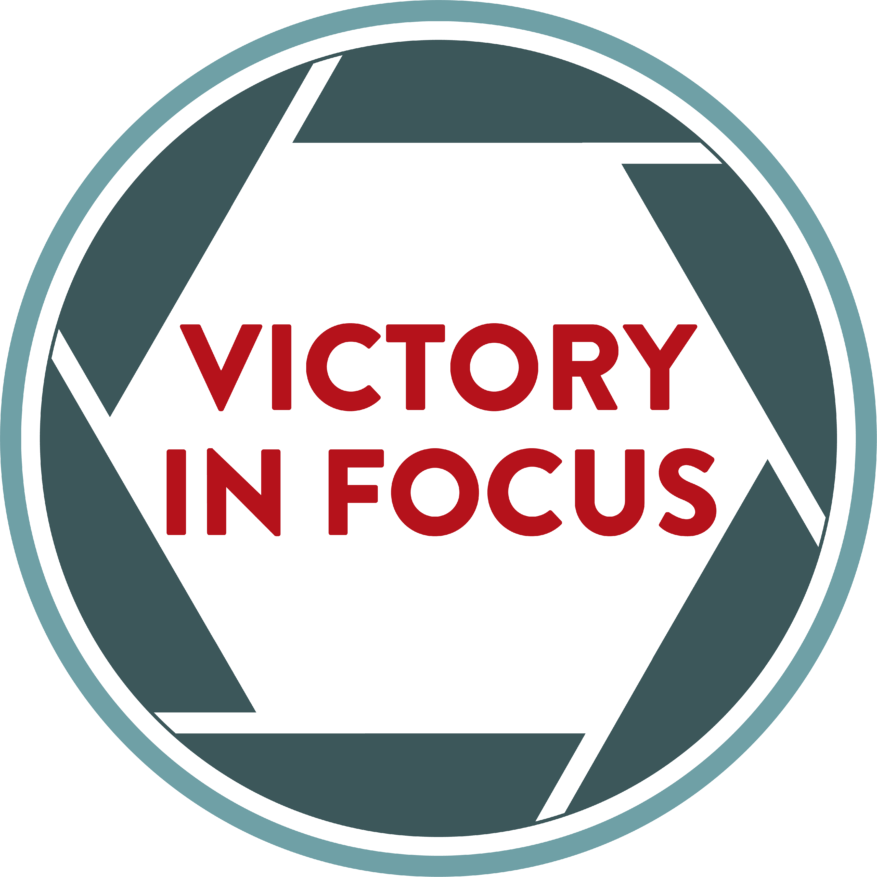If you’d like to connect to our services or make a referral, click here.
If you’d like to connect to our services or make a referral, click here.
Victory Programs operates various programs throughout Boston, all built on our strongly held belief that no person who is struggling should be asked to do the hardest thing first, on their own, before they are offered the fundamental support they truly need.
When folks are safely housed, they’re much more likely to address their health, addictions, and other issues. Our housing model offers stabilization services, emergency shelter, supportive housing, housing search and advocacy, case management, and more.
We address substance use disorders, co-occurring mental health concerns, HIV/AIDS, Hepatitis C, and other chronic conditions with the education, tools, resources, and ongoing support people need to regain their health, prevent and manage relapse, and maximize their independence.
On the streets, at our Boston Living Center and Victory Connector, and across programs, we work to prevent chronic conditions and overdoses. We provide HIV, Hepatitis C, and STI testing and counseling; a healthy meals program; prevention and safety kits; and an array of education, navigation, and support services.
We follow a clinically driven approach to guide clients towards health and safety by providing immediate access to safe, stable housing.
A client is not a statistic; a case file is not who that person is. We provide high-quality, evidence-based services based on individual needs, offering flexible, strengths-based solutions to people’s biggest challenges.
People’s success ultimately depends on their own belief in themselves and their future. We focus on what a person is doing “well,” with a nurturing effect that fosters continued effort from the first steps toward progress and growth.


Offering services, treatment, support, and care for everyone who needs it is the backbone of this venerable organization. From young adults experiencing homelessness who are seeking support, to people experiencing substance use disorders and much more, the people at Victory Programs see a need and try to fill it.
The organization began as one small program all those years ago.